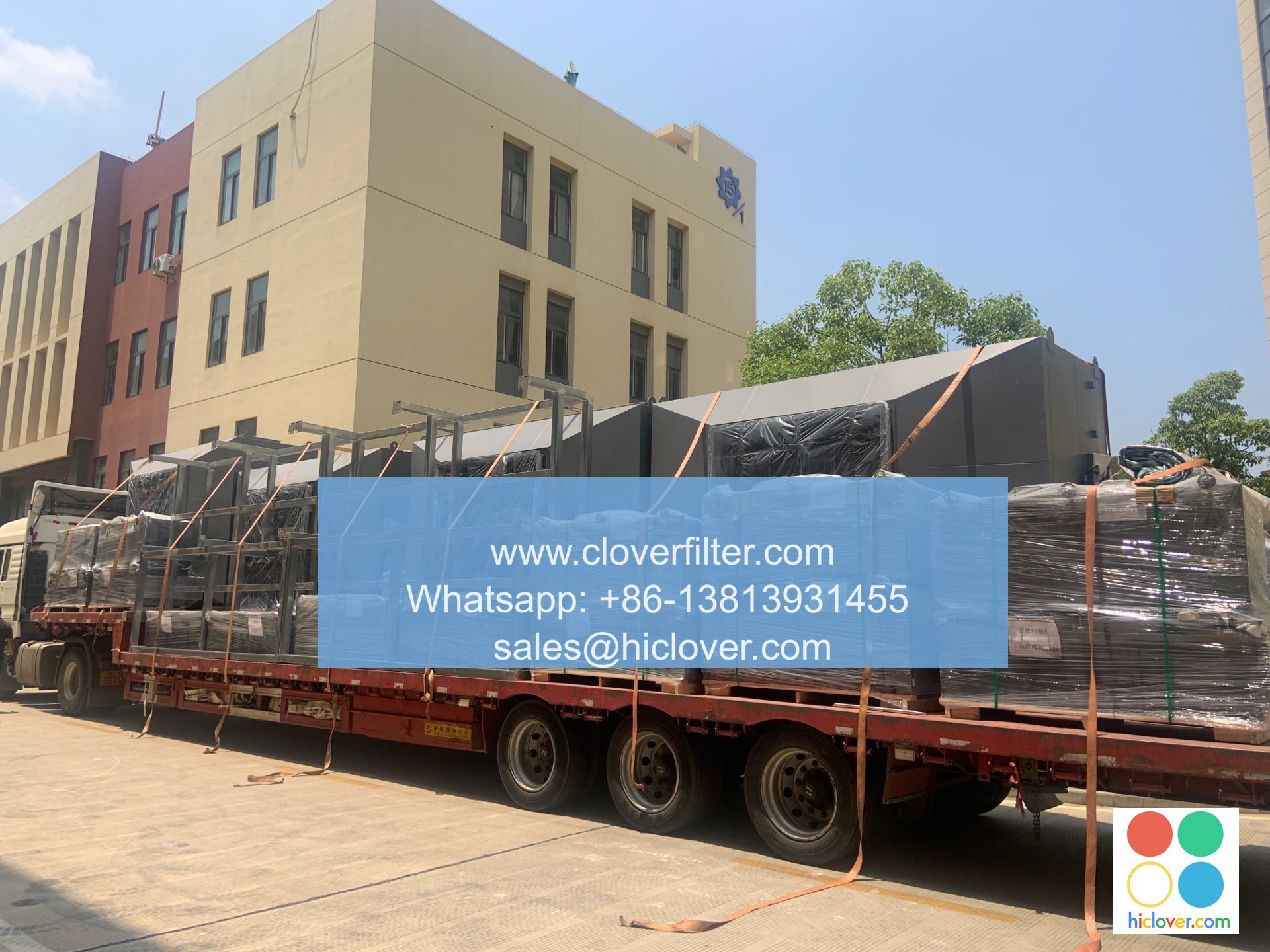The Benefits of Using a UV-C Light Air Filter

Air pollution has become a significant concern in recent years, with an increasing number of people suffering from respiratory issues and other health problems. One effective solution to this problem is the use of UV-C light air filters, which can remove up to 99.9% of airborne pathogens, including bacteria, viruses, and mold. In this article, we will discuss the benefits of using a UV-C light air filter and highlight various application areas where these filters can be used.
How UV-C Light Air Filters Work
UV-C light air filters use ultraviolet germicidal irradiation (UVGI) to kill airborne microorganisms. The UV-C light, which has a wavelength of 254 nanometers, is emitted by a lamp inside the filter and is directed at the air passing through it. This UV radiation disrupts the DNA of microorganisms, preventing them from reproducing and ultimately killing them. The result is clean air that is free from airborne pathogens.
Benefits of Using a UV-C Light Air Filter
The benefits of using a UV-C light air filter are numerous. Some of the most significant advantages include:
* Improved Indoor Air Quality (IAQ): UV-C light air filters can remove airborne pollutants, including particulate matter (PM), volatile organic compounds (VOCs), and ozone, improving the overall quality of indoor air.
* Reduced Risk of Respiratory Problems: By removing airborne pathogens, UV-C light air filters can reduce the risk of respiratory problems, such as asthma, bronchitis, and pneumonia.
* Increased Energy Efficiency: UV-C light air filters can also help to reduce energy consumption by minimizing the need for heating, ventilation, and air conditioning (HVAC) systems.
* Low Maintenance: UV-C light air filters are relatively low maintenance, requiring only occasional filter replacement and lamp replacement.
Application Areas for UV-C Light Air Filters
UV-C light air filters can be used in a variety of application areas, including:
* Residential Buildings: UV-C light air filters can be used in homes to improve indoor air quality and reduce the risk of respiratory problems.
* Commercial Buildings: UV-C light air filters can be used in offices, restaurants, and other commercial buildings to improve indoor air quality and increase employee productivity.
* Healthcare Facilities: UV-C light air filters can be used in hospitals, clinics, and other healthcare facilities to reduce the risk of hospital-acquired infections (HAIs).
* Industrial Facilities: UV-C light air filters can be used in industrial facilities to improve indoor air quality and reduce the risk of occupational illnesses.
Conclusion
In conclusion, UV-C light air filters are a highly effective solution for improving indoor air quality and reducing the risk of respiratory problems. With their ability to remove up to 99.9% of airborne pathogens, UV-C light air filters are an essential component of any indoor air quality (IAQ) management system. Whether used in residential, commercial, healthcare, or industrial facilities, UV-C light air filters can provide numerous benefits, including improved indoor air quality, reduced risk of respiratory problems, increased energy efficiency, and low maintenance. By incorporating UV-C light air filters into your air purification system, you can breathe easy knowing that you are providing a healthy and safe environment for yourself and others. Prompt

